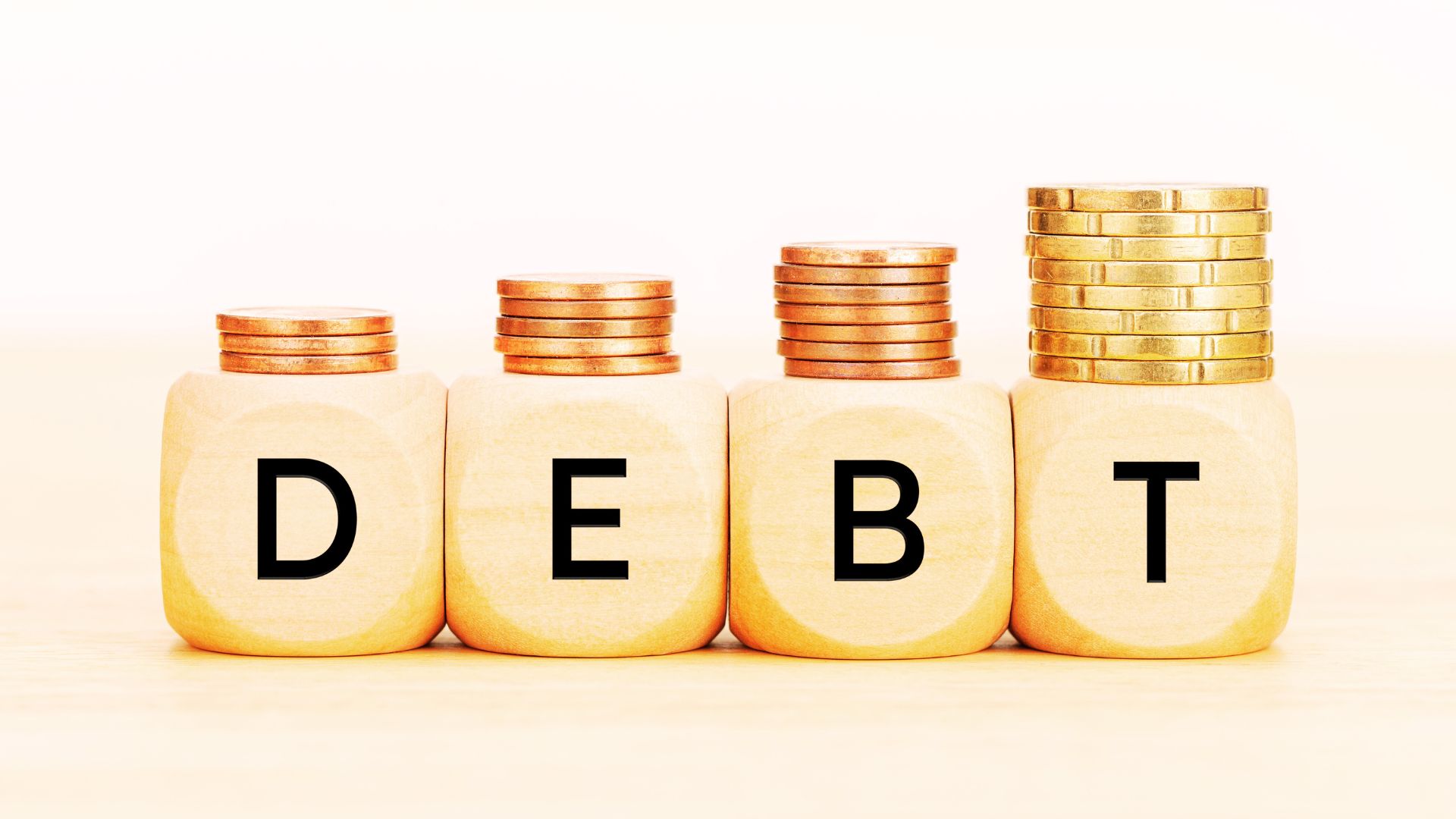Gone are the days when Americans would retire debt free, with no car loans, no home loans, and no credit card debt. Most of today’s retirees enter retirement with considerable debt. For those that did some financial planning, the debt usually includes medical expenses and ordinary monthly bills. The good news is that not all debt is bad and distinguishing between good and bad debt will help your overall retirement strategy.
Good Debt
A basic rule is, if it has future value or increases your net worth, it is “good” debt. Good debt is wisely used to accrue wealth over time prior to your retirement. Borrowing money for an investment, such as a home, is one such example. Good debt works in your favor when you use the funds to acquire assets that appreciate at a rate higher than the interest rate owed on those funds. Other types of good debt (generally speaking) include small business loans, home equity loans, and student loans.
Small Business Loans
If you want to significantly increase your wealth, your chances are much higher if you become your own boss and start your own company. However, small business loans are hard to get because they are risky to the lender. Additionally, approximately one-third of small businesses fail to survive their first 24 months, according to the Small Business Administration. But if you have an entrepreneurial spirit, statistics show that starting your own business could be the most profitable investment you will make.
Home Equity Loans
Home equity loans allow you to get a loan at a relatively low interest rate by using your house as collateral. Your home’s equity is the portion of your home that you own outright. Equity can be calculated by taking your home’s current value minus your outstanding mortgage balance. Many consumers use a home equity loan to pay off high-interest debts like credit cards. Others use it to make home improvements, such as upgrading the kitchen with newer appliances, which in the long term, may increase the value of your home. Take into account that the biggest risk from these types of loans is having your house foreclosed on if you are not able to make the required payments. Always read the fine print.
Student Loan
Buying an education that will lead to a well-paying career is an invaluable asset. Full-time employees over 25 years old with only a high-school diploma had a median weekly income of $679 in 2016, according to the Bureau of Labor Statistics. Compare that with the median weekly income of $1,435 for workers possessing a bachelor’s degrees. Yet every degree is not a good investment. College degrees that have the highest earning potential include chemical engineering, petroleum engineering, mechanical and electrical engineering, and computer engineering or information technology. Close runners-up were nursing, civil engineering, and finance degrees.
Bad Debt
“Bad” debt is anything that decreases in value over time. Unfortunately, that means most of life’s little luxuries and basic necessities, like cars, clothing and 70-inch flat screen TVs.
If you cannot pay for those items up-front based on your current household budget, you should carefully discern between a necessity and a luxury. Some examples of bad debt (with certain exceptions) are auto-loans, credit cards, and pay-day loans.
Auto Loans
Auto loans are generally considered bad debt because cars depreciate once driven a quarter-mile off the lot. With variable-rate car loans, the interest rate may fluctuate and suddenly increase. On the other hand, automobile interest rates are relatively low and give you access to a more secure vehicle that you otherwise would not be able to afford. The most financially sound move is to research the loan, the interest rate, and ensure that you can make all the payments on time.
Credit Cards
Credit card debt is generally bad debt because of their very attractive low minimum payments and hidden high interest rates. Credit cards are mainly used for everyday transactions and not used to buy assets that increase in value over time. One benefit of credit cards is the rewards programs, travel points, and other benefits. The only way to avoid the interest rates is by paying the balance in full each month.
Payday Loans
Payday loans mean you get cash on the spot to get you through an emergency. In return, you post-date a check, in the hopes that you can pay off the balance in full when you get paid. They are relatively convenient, but the finance charges range from $15 to $40 for every $100 borrowed. Those finance charges quickly add up and can set you up for adverse cycles by the time you actually get your paycheck.
Luck
Luck is one factor, but proper financial planning means that you create your fate by preemptively handling your matters. While you cannot control everything in life, you can make choices that will set you up for success later in life. The same is true when it comes to planning for your retirement. Whether you are 25 or 55 years old, the financial decisions you make today will have a huge impact in your golden years.
Contact OC Estate and Elder Law at (954) 251-0332 or info@ocestatelawyers.com to learn how estate planning and asset protection can help you protect your finances well into your retirement years.
















